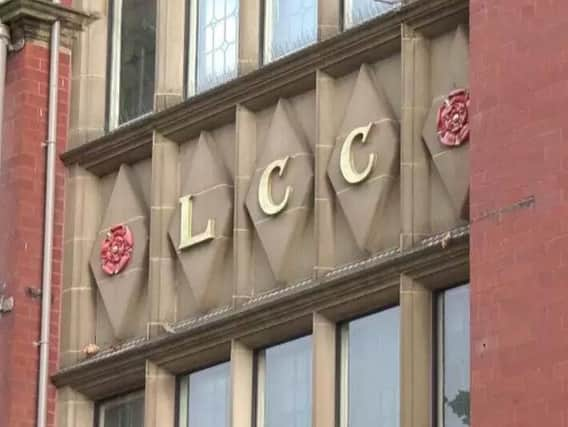What are the new rules about planning decisions at Lancashire County Council?


County Hall’s development control committee makes decisions about waste and minerals applications – including fracking. The cross-party group also adjudicates on proposals being put forward by the council itself, which often include applications involving Lancashire’s schools.
At the moment, organised groups can request 30-minute presentation sessions with committee members where they can make their case for or against a planning bid. An unlimited number of individual members of the public can also speak for up to four minutes at the meeting where decisions are made.
Advertisement
Hide AdAdvertisement
Hide AdUnder the new arrangements, the half hour presentations would be scrapped and the slots to address the committee reduced to three minutes – with a maximum of 15 speakers in favour and 15 against.
A meeting of the full council heard that the authority is currently far more generous than most others in the time it allows for members of the public to speak.
But opposition members rounded on the proposals. Labour’s Steve Holgate said that members of the public have “valuable local knowledge which even some elected members do not have available to them”.
And Liberal Democrat David Howarth warned that the most complex applications needed far more than three minutes for all the issues to be aired.
Advertisement
Hide AdAdvertisement
Hide Ad“Are you really saying we can put all the arguments for and against something like the Penwortham Bypass in three minutes?” he asked.
“Quick decisions are not better than correct decisions. If we are out of step with other authorities, why don’t we be a beacon for the public’s rights?”
Members heard that there have been no cases within the past three years where debate would have been curtailed by the new rule about the maximum number of speakers.
“The vast majority of decisions will be unaffected, because 30-minute presentations are also very rarely used,” cabinet member for regeneration, Michael Green, added.
Advertisement
Hide AdAdvertisement
Hide AdHe raised the prospect of “exceptions” being needed for the most significant decisions and said the proposal made provision for that and would be kept under review.
Independent member for Fylde West, Paul Hayhurst, recalled the week-long deliberations when the authority ultimately rejected Cuadrilla’s two fracking applications at Preston New Road and Roseacre Wood back in 2015.
“There’d have been riots if we had tried to limit [the public’s contribution] to three minutes,” he said.
And lone Green county councillor Gina Dowding warned that the ruling Conservative group would be “embarrassed” when the public learned the council was “not prepared to spend half an hour listening to them”.
Advertisement
Hide AdAdvertisement
Hide AdThe public will now be allowed to submit a limited number of relevant photographs to the committee. Detailed written submissions will summarised in a report for members.
Fellow Conservative, Cosima Towneley said that any written statements should be “technical and tactile enough for officers to understand what the actual issues are”.
“I love listening to people in the chamber, but if you think by making the meetings longer you get better debates, you are incorrect.”
In a report to the full council, members were told that the new system would avoid “unnecessary repetition of issues already clearly understood and also [ensure] that the issues raised by speakers are relevant to the decision being taken and are matters which the committee can and should legitimately take into account.”
Advertisement
Hide AdAdvertisement
Hide AdAn amendment by former chair of the development control committee, Labour’s Kevin Ellard, to allow the committee itself to have a say on the new arrangements before full council made its decision about them, was defeated.